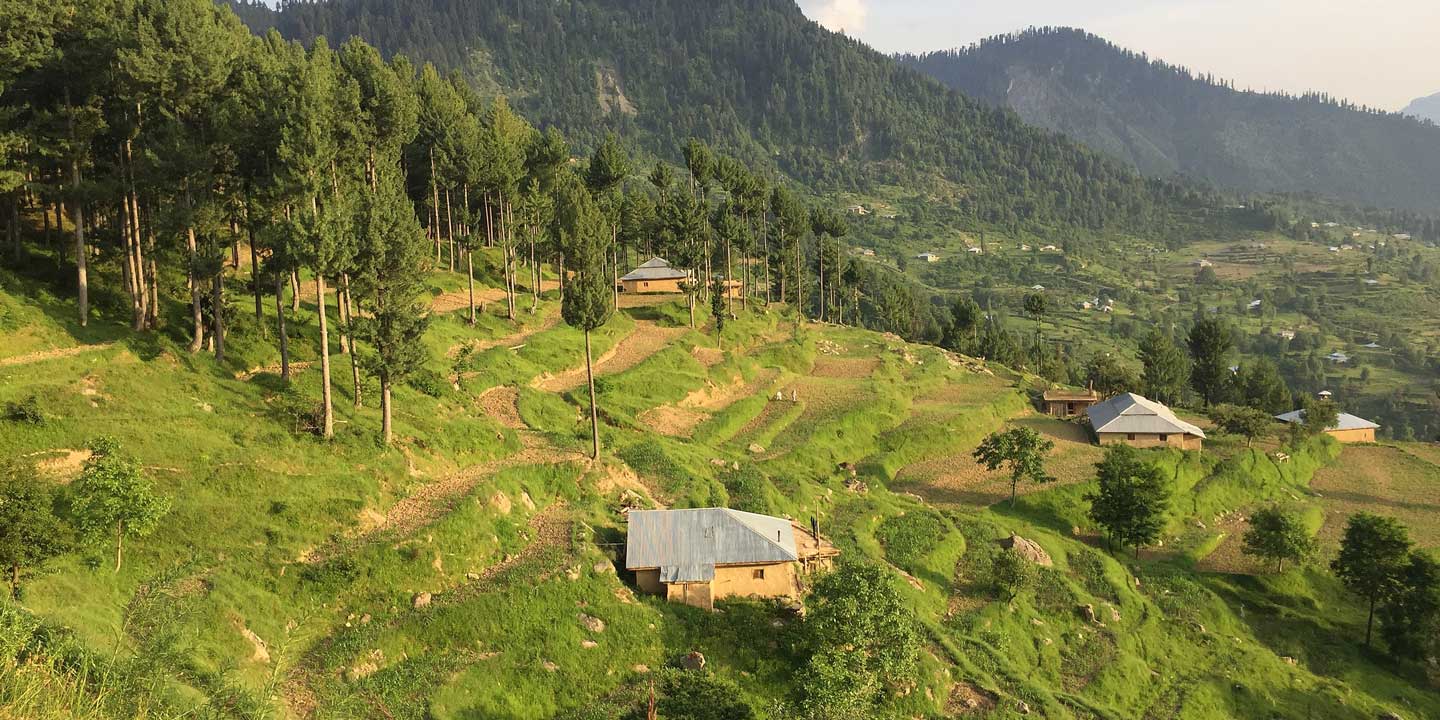
BGA Asia StreetBeat: Pakistan


BGA Asia StreetBeat is the company’s new mini-series that takes an on-the-ground pulse of Indo-Pacific markets from its leaders. In each segment, we periodically ask the heads of each of the 26 markets in which we operate questions on what clients should watch: one on macro developments; one on sectors and industries; and one on under-noticed or over the horizon developments.
For this segment of BGA Asia StreetBeat, we spoke to BGA Pakistan Senior Advisor Aniq Zafar amid a period of major political and economic change in the country.
What is one political or economic development that remains important for businesses to watch in the coming months?
On the political front, the PTI-led government under Prime Minister Imran Khan faces a period of challenge following the submission of a no-confidence vote against it by opposition parties on March 8 ahead of general elections in October 2023. If there is a government change the decision-making of government ministries and departments could see a slowdown.
On the economic front, devaluation of the Pakistani rupee has been a major concern, with the cost of energy imports for Pakistani rising and triggering double digit inflation domestically. If interest rates in the United States rise to curb inflation, the already battered Pakistani rupee will take another beating this summer, which could lead to further inflation.
What is a sector within the economy that you think clients should carefully monitor in the coming months?
Agriculture and energy sectors are going to be crucial this summer. Pakistan imports significant amounts of wheat from Ukraine. While Pakistan has received assurances from Russia to be able to procure wheat this summer, the ongoing Ukraine crisis could drive up wheat prices in Pakistan, and combined with the Pakistan rupee dropping in value, it could be a recipe for another food crisis in Pakistan. The current account deficit is already galloping, putting strains on forex reserves.
What is one relatively more undernoticed development or trend on the ground that you think international businesses with an interest in potentially investing in Pakistan should pay more attention to in terms of their planning?
The venture capital focused on Pakistan in the past year, with starts ups attracting exponential growth in investment. This trajectory is likely to continue for the coming months. The government has introduced significant regulatory (e.g., softening of capital controls for investors) and tax incentives for the IT sector and new startups are likely to multiply in the coming year. Fintech and supply chain logistics remain the most popular areas among venture capitalists.

Aniq Zafar
Senior Advisor



















